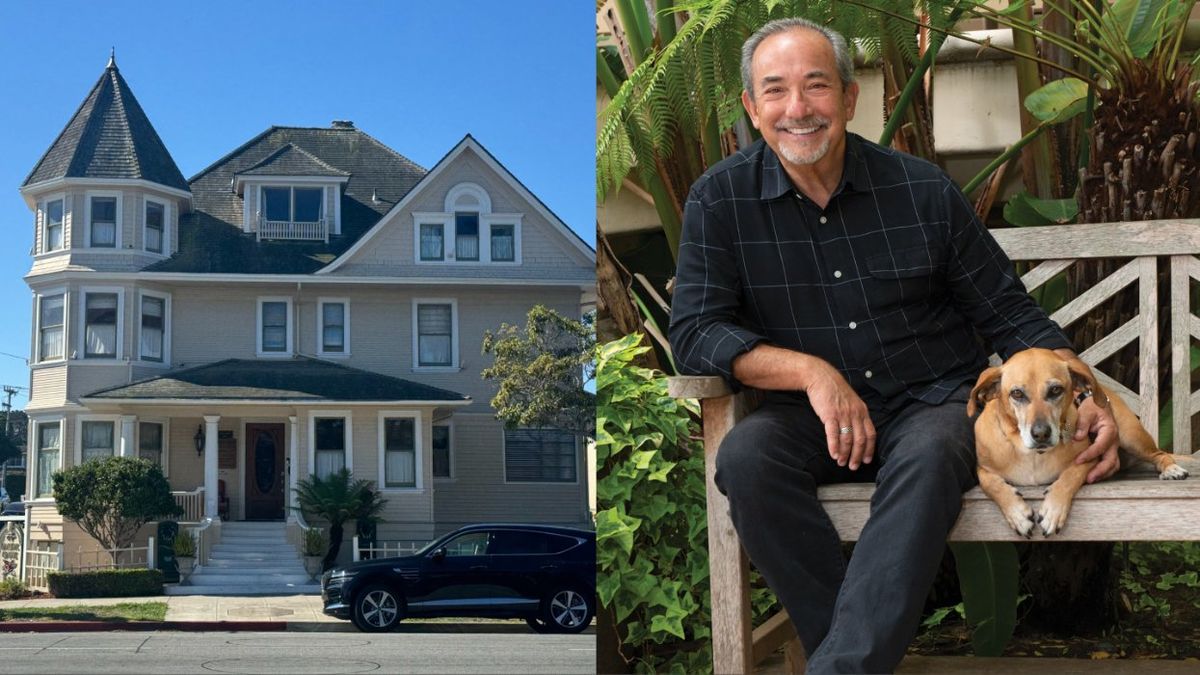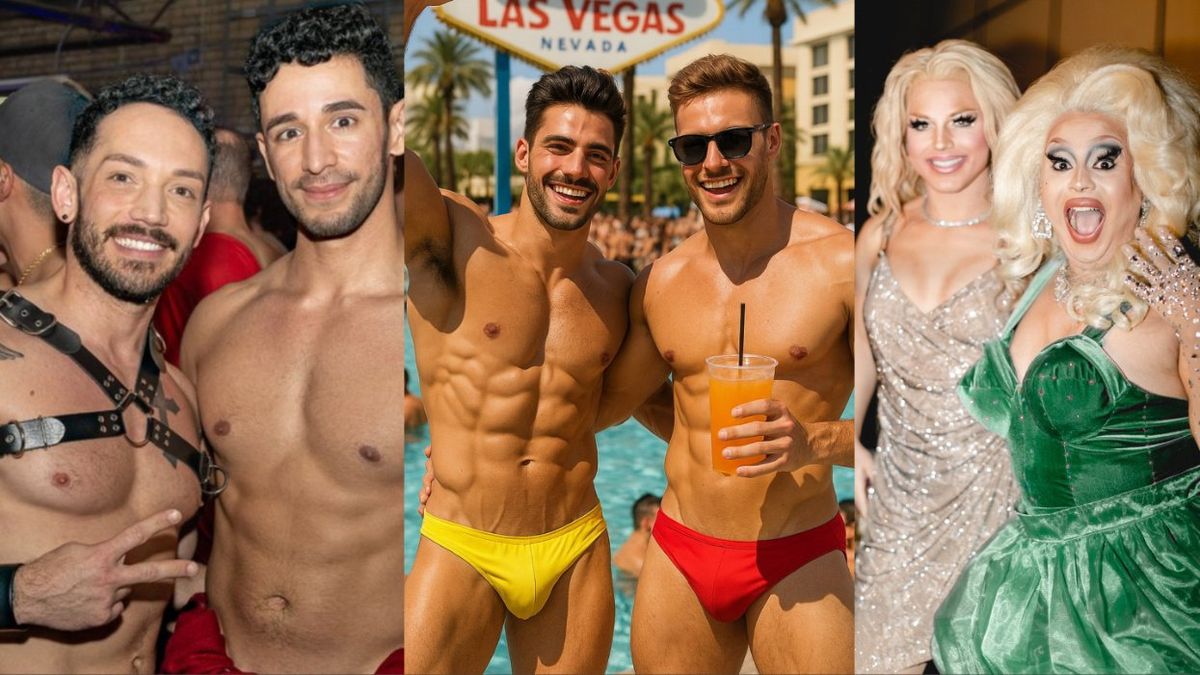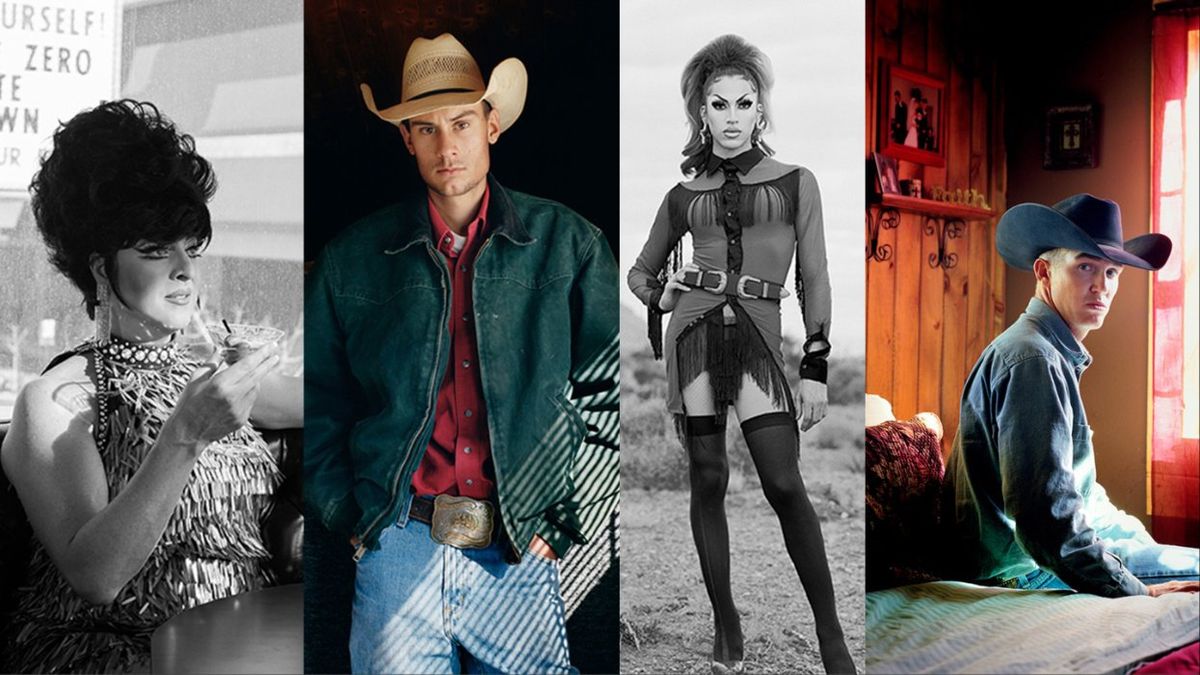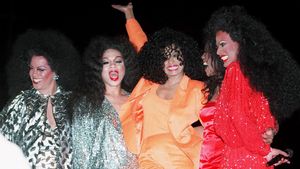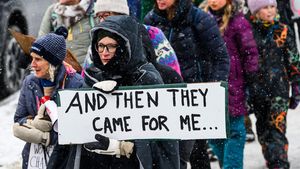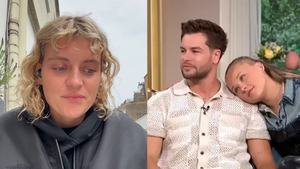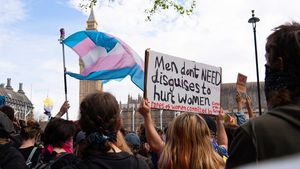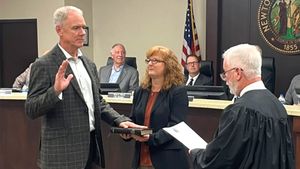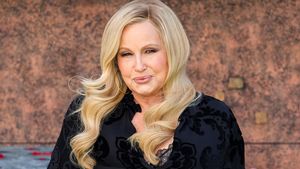By Cleis Abeni
The New York City Commission on Human Rights today released new guidelines that expand existing nondiscrimination protections for trans and gender-variant New Yorkers.
The sweeping guidelines prohibit discrimination, harassment, or mistreatment based on gender identity in housing, employment, and public accommodations, while also seeking to limit profiling by law enforcement.
The guidelines augment and clarify rights already granted under the New York City Human Rights Law, which itself was amended in 2002 when the New York City Council passed the Transgender Rights Bill. The new guidelines also expand upon Gov. Andrew Cuomo’s executive action in October of this year, establishing the first-ever statewide regulations protecting transgender New Yorkers from discrimination.
While New York State has banned sexual orientation–based discrimination since 2003, state lawmakers have repeatedly failed to pass the Gender Expression Non-Discrimination Act, which would have added gender identity to state protections. Advocates hope the commission's new guidelines will provide a blueprint to securing explicit statewide legal protections for the estimated 25,200 transgender and gender-nonconforming people who call New York City home.
New York City's guidelines offer nondiscrimination protections that go far beyond existing federal ones — since there is no federal policy outright banning employment discrimination on the basis of sexual orientation or gender identity.
In particular, the New York City guidelines prohibit employers from imposing dress codes, uniforms, and grooming standards with different requirements based on sex or gender. The guidelines also shift the burden of proof for justifying such a sex-based distinction in treatment or grooming standards to the employer, rather than requiring the would-be employee to explain how the dress code is an undue burden upon them.
The guidelines also go beyond current case law on the issue of dress codes, acknowledging that in the past, “differences that have been perceived by courts to be slight or that do not impose significantly greater burdens based on gender have generally been permitted."
Rather than determining that such slights are "innocuous," New York City’s new guidelines eliminate the burden of plaintiffs fighting to prove such an evidentiary standard. Instead, the guidelines now dictate:
“Under the NYCHRL, the fact that the grooming standard or dress code differentiates based on gender is sufficient for it to be considered discriminatory, even if perceived by some as harmless. Holding individuals to different grooming and uniform standards based on gender serves no legitimate non-discriminatory purpose and reinforces a culture of sex stereotypes and accepted cultural norms based on gender expression and identity. Placing the burden on individuals to justify their gender identity or expression and demonstrate why a particular distinction makes them uncomfortable or does not conform to their gender expression would serve to reinforce the traditional notion of gender that our law has disavowed.”
The guidelines also enumerate what qualifies as discrimination against gender-variant New Yorkers, including the repeated failure to use an individual’s preferred gender, name, pronoun, or title, and refusing to allow individuals to use single-sex facilities, such as bathrooms or locker rooms, and participate in sex-segregated programs, consistent with their gender identity.
Anti-trans discrimination is also expressly prohibited in health care, according to the new guidelines. Although federal and New York laws already require certain types of insurance to cover medically necessary transition-related care, the new guidelines mandate that employers provide health benefits that cover gender-affirming care. An employer can be held liable for failing to provide reasonable accommodations for individuals undergoing gender transition, including medical appointments and recovery time, where such reasonable accommodations are provided to other employees.
"Violations of the New York City Human Rights Law could result in civil penalties of up to $125,000 for violations, and up to $250,000 for violations that are the result of willful, wanton, or malicious conduct," the Commission said in a statement. "There is no limit to the amount of compensatory damages the Commission may award to a victim of discrimination."
"Although we've seen success on issues such as marriage equality, the transgender community still faces unbelievable discrimination every day," City Council member Corey Johnson, facilitator of the council's LGBT Caucus, said in a statement. "Transgender New Yorkers are due the full protections of our City's Human Rights Law, and these steps will help ensure that they receive these protections. I want to congratulate and thank Mayor de Blasio and CCHR Chair Carmelyn P. Malalis for taking these important steps. The fight for equality is not over. "
Advocates report that trans and gender-nonconforming New Yorkers face staggeringly high rates of unemployment, underemployment, denial of medical care, workplace discrimination, and harassment and mistreatment in housing, transportation, and public accommodations. According to the National LGBTQ Task Force, 75 percent of transgender or gender-nonconforming New Yorkers repored harassment or mistreatment in the workplace.
The New York City Commission on Human Rights enforces the NYCHRL. Individuals can file a complaint with the Commission’s Law Enforcement Bureau within one year of the discriminatory act or file a complaint in New York State Supreme Court within three years. New York residents wanting to file a complaint can call 311, ask for the Commission on Human Rights, and then discuss their situation and schedule a meeting with a commission attorney.
Photo via Shutterstock




















